
Apply to a foreign university with confidence
- Properly fulfilled documents
- Perfect motivation letter
- Support from a personal mentor
- Offers from several universities
Article score: 5 out of 5 (2 reviews)
Education in Japan is of high quality, especially in technology, innovation and robotics. In the article you will learn about higher education in Japan and why it is worth studying there (or not?)
Free consultation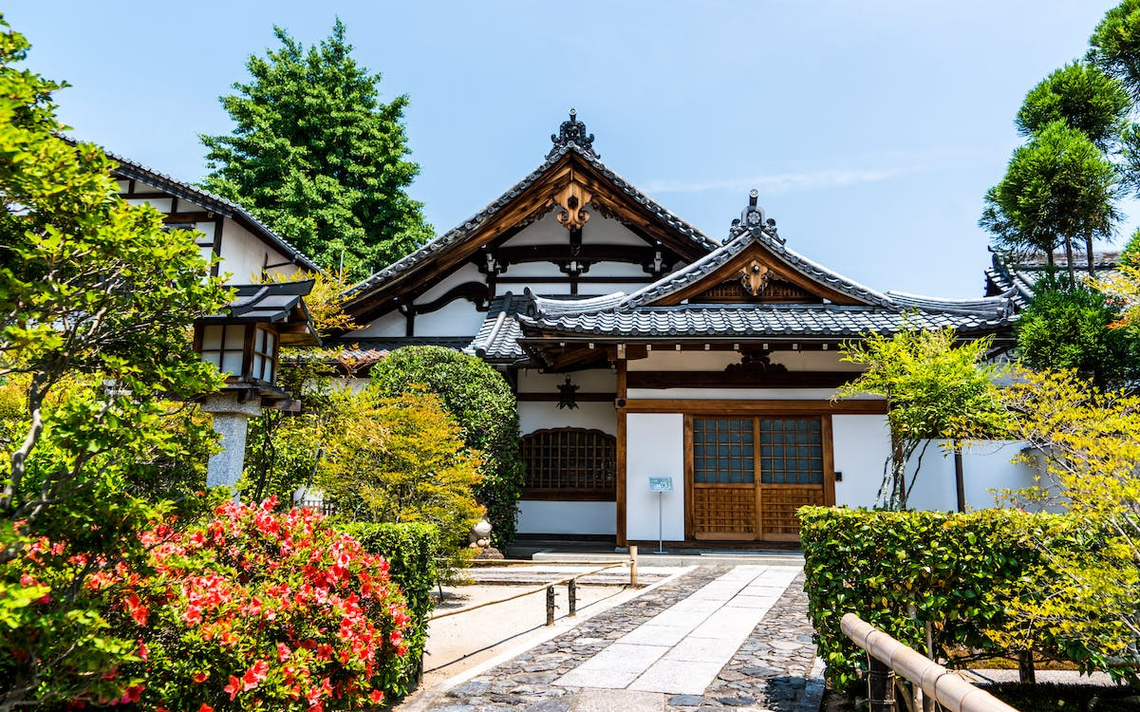
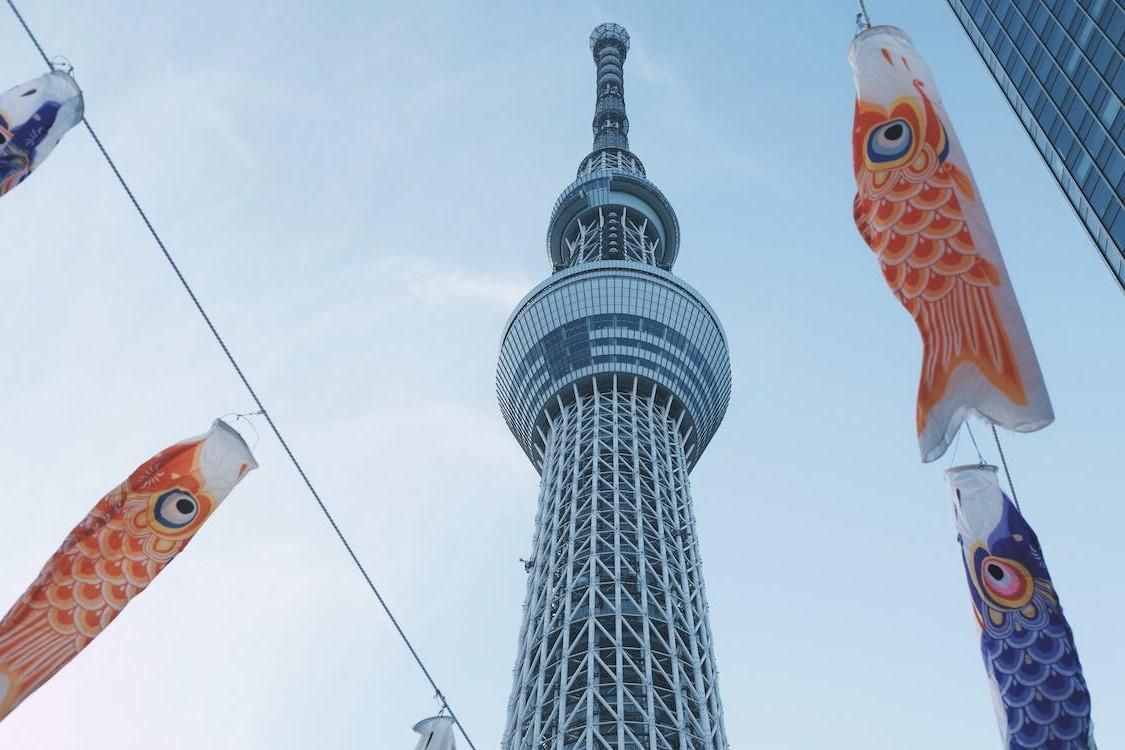
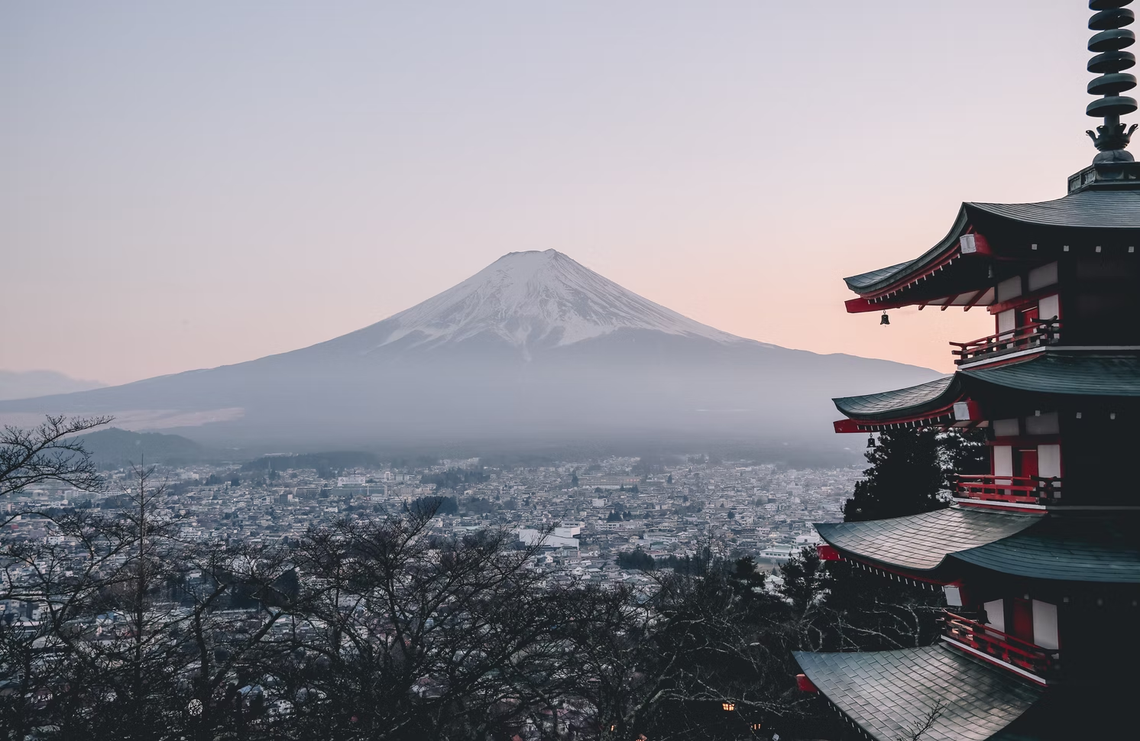
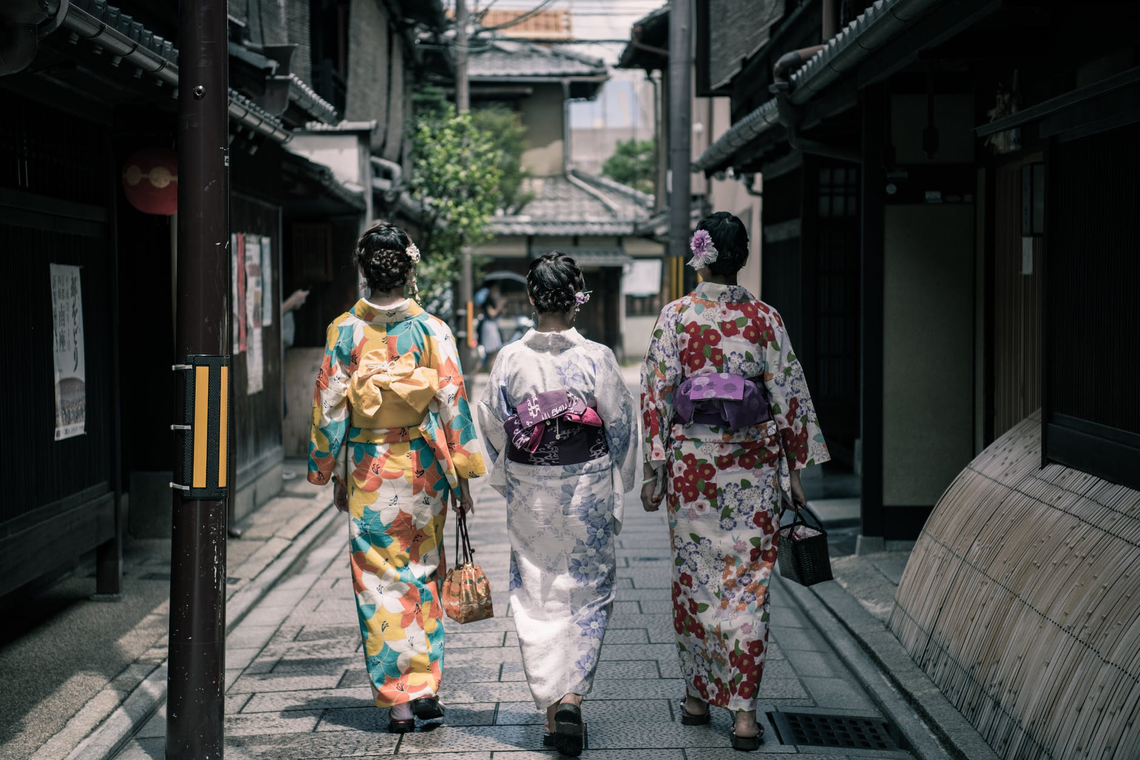

Secondary school in Japan starts from grade 7 and lasts until grade 9. Grades 10 to 12 are dedicated to high school and are not mandatory to attend.
Students who graduate from grade 9 may choose not to continue their studies, but more than 95% prefer to go to high school to prepare for university. However, getting admitted to a university is quite difficult due to the limited number of seats and high competition. In addition, not only the results of entrance examinations are taken into account, but also the student’s behavior during studies in high school, as well as community service. High school graduates pass the national test and go to universities.
Subjects in high school are divided into three categories: compulsory, moral education and additional disciplines. Compulsory subjects include Japanese language and literature, arithmetics, social and natural sciences, music, visual arts, arts and handicrafts, computer science, and physical education.
Most students also participate in various clubs. Usually they are divided into two large groups: sports (swimming, football, kendo, judo, tennis, etc.) and cultural (English, calligraphy, mathematics, science, etc).
In Japan, there are also Juku (Cram Schools), which help students to prepare for exams and memorize material passed in a regular school. Students can spend up to 12 hours a week in such schools, especially during the final exams and national tests before entering the university.
Education in Japan is of high quality and recognized world-wide. The QS international ranking has included five Japanese universities in the list of top 100 universities in the world. Japan is the 9th most popular destination for training[1]. Over 140,000 international students from 170 countries around the world study here. Japan is a renowned leader in innovation and technology, providing students with unique opportunities for theoretical and practical training. The Land of the Rising Sun also attracts foreigners with its mysterious culture, amazing cuisine and unique architecture.
| Program | Min. age | Duration | Min. cost | Avg. cost | Min. language level | Exam |
|---|---|---|---|---|---|---|
| Summer Camp | 6+ | 2 months. | 1,307 USD/month | 2,699 USD/month | N5/A1 + | - |
| Language school | 16+ | 6 months – 2 years | 119 USD/week | 161 USD/week | N5/A1 + | - |
| Secondary school | 12+ | 6 years | Free (state) | 2,447 USD (private) | N2-N1/B2 | - |
| Foundation | 18+ | 1-2 years | 3,985 USD/year | 4,307 USD/year | N5-N1/A1- C1 | JLPT |
| College | 15+ | 2-3 years | 5,383 USD/year | 6,012 USD/year | N2-N1/B2 | JLPT/IELTS |
| Bachelor’s | 18+ | 4-6 years | 5,712 USD/year | 6,222 USD/year | N2-N1/B2 | JLPT/IELTS |
| MBA | 22+ | 1-2 years | 3,746 USD/year | 11,885 USD/year | N1/C1 | JLPT/IELTS |
| Master’s | 22+ | 2 years | 5,712 USD/year | 6,502 USD/year | N1/C1 | JLPT/IELTS |
| Doctoral | 24+ | 3 years | 6,152 USD/year | 6,642 USD/year | N1/C1 | JLPT/IELTS |
In general, there are six types of higher educational institutions in Japan:
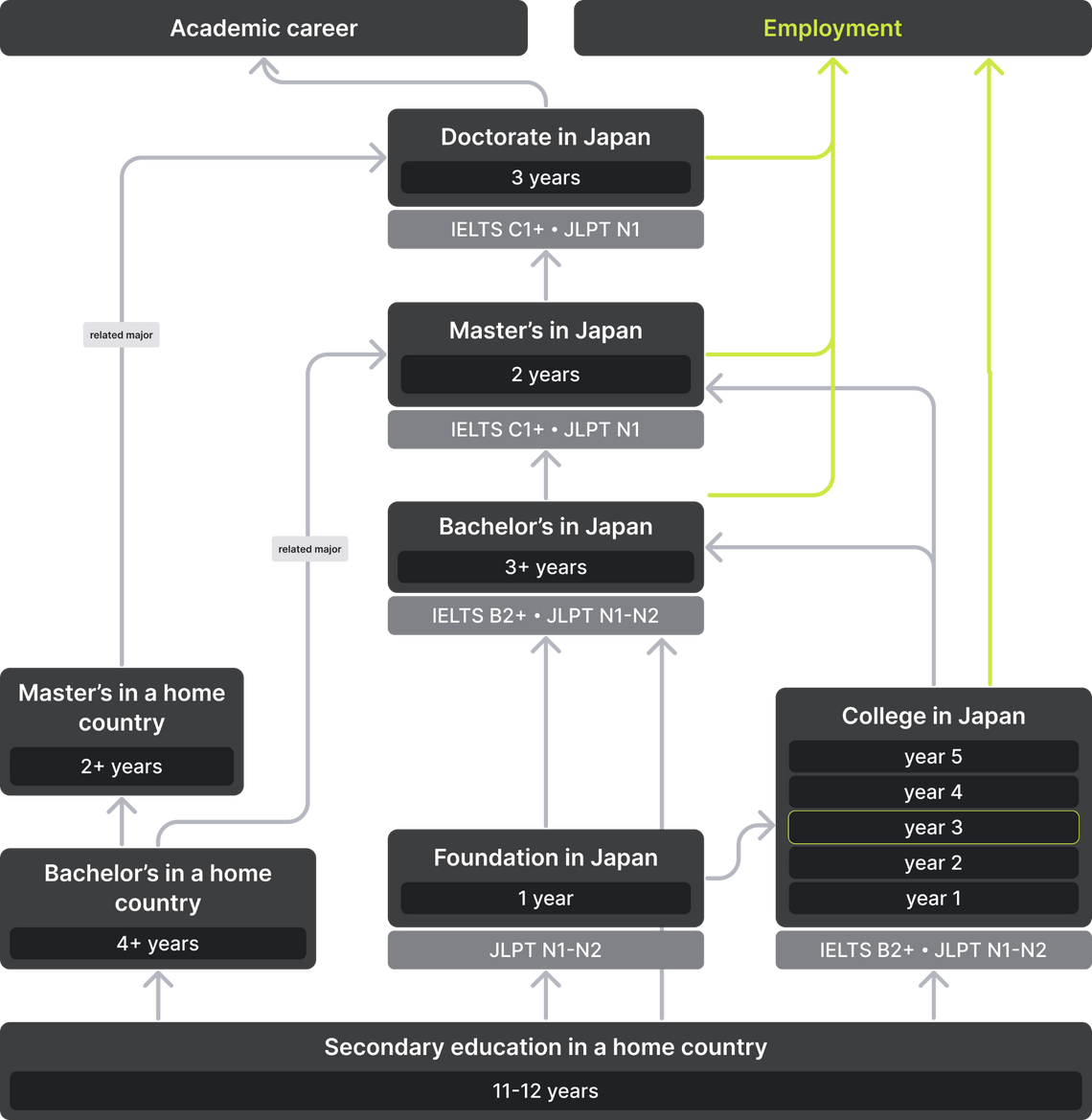

In order to enroll in a Japanese university, applicants must graduate from the 12th grade of high school. Students from countries where the school lasts for 11 years can complete one year of the university in their country or take preparatory courses in Japan.
Such courses take from 1 to 2 years. Education starts in April or in October (if the course takes 1.5 years).
| University | Duration | City | Cost |
|---|---|---|---|
| Tokyo University of Social welfare | 2 years | Tokyo | 6,712 USD |
| Kyoto Seizan College |
| Kyoto |
|
| Osaka International University | 1 year | Osaka | 3,985 USD |
| Chiba Institute of Science | 1 year | Chiba | 4,195 USD |
| Nanzan University | 1 year | Nagoya | 4,754 USD |
A complete list of available courses can be found here.
Training is conducted in Japanese, so all applicants must know Japanese at least at the level of N5 (A1).
The curriculum consists not only of Japanese classes but also subjects in the chosen field. In humanities programs, students study English, mathematics, geography, history, political science, and economics. In science programs, students study English, mathematics, physics, biology, and chemistry. The program is designed to prepare students for the JLPT (Japanese Language Proficiency Test) and the entrance examination EJU (Examination for Japanese University Admission for International Students) before entering the university.
In Japan there are three types of colleges:
| College type | Duration | Degree |
|---|---|---|
| Junior | 2 — 3 years | Associate’s degree |
| College of technology | 5 years (3 years) | Associate’s degree |
| Professional | 2 — 3 years | Diploma / Advanced diploma (professional degree) |

Undergraduate programs normally last for 4 years. Students that specialize in medical fields (medical business, dentistry, veterinary medicine) study for 6 years.
The academic year begins in April and ends in March of the following year.
The curriculum consists of theoretical studies, lectures, seminars, laboratory work, master classes, internships, and research. At the end of their studies, students usually write and defend a scientific thesis. Bachelor graduates have the right to seek work or apply for master’s.
Master's and doctoral programs are organized by graduate schools, which can be either independent educational institutions or part of universities.
Studies usually last for two years. Subjects are divided into three categories: basic, research and electives. The first three semesters are devoted to the study of theory, and the last semester is devoted to writing a research paper (thesis). At the end of the training, students pass the final exams and defend their work.

Doctoral studies take 3 years on average. For admission, students must have a master's degree and pass the entrance tests. In addition, students usually should contact the future supervisor in advance by sending a letter with the goals and objectives, explaining the relevance of the work, as well as a detailed outline of the planned study.
An academic career in Japan consists of the following steps:
Classes are usually taught by professors, associate professors, and lecturers, while lab work and workshops are usually led by researchers. All posts can be either permanent or temporary. The latter include the word "tokunin" in the title.
In Japan, there are no strict requirements for obtaining each title/position — universities can set the criteria on their own. The basic requirements are a doctoral degree and knowledge of English at C1+ level.
A student visa allows students to work part-time (up to 28 hours a week) and full-time up to 8 hours a day during the break. The average minimum wage is 6 USD/hour but may vary in different prefectures (for example, in Tokyo, the minimum wage is 7 USD/hour). Typically, students receive about 412 USD/month.
Most often, students can find work in the service or teaching sector, in any case, an important requirement will be fluency in Japanese.

After graduation, foreign students can stay to work in the country. In order to have the right to stay in the country for the purpose of work, it is necessary to exchange a student visa for a work permit after employment. Often, while studying, students would get an internship at a company in which they want to continue working after graduation, and when it happens, they are ready to sign a contract.
To obtain Japanese citizenship it is necessary:
Japan is one of the countries with the lowest unemployment rate in the world — only 2.3% (average rate — 5%)[9]. The minimum wage is 6 USD/hour. The availability of jobs at the moment is 1.57, that is, 100 potential candidates for 157 vacancies.
60+ countries
we work with
$1,000,000 saved
by students through scholarships
6,400 offers
our students got